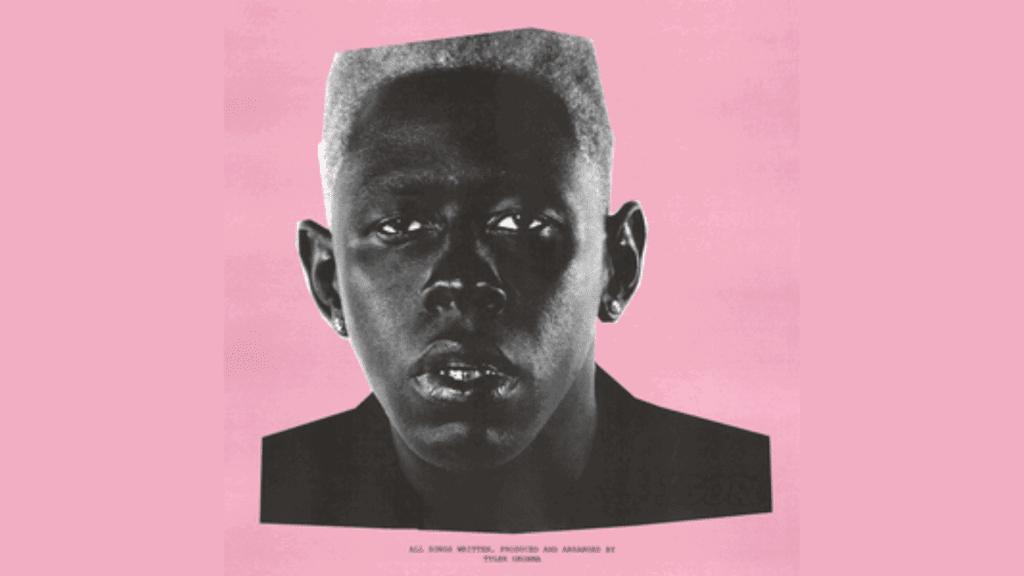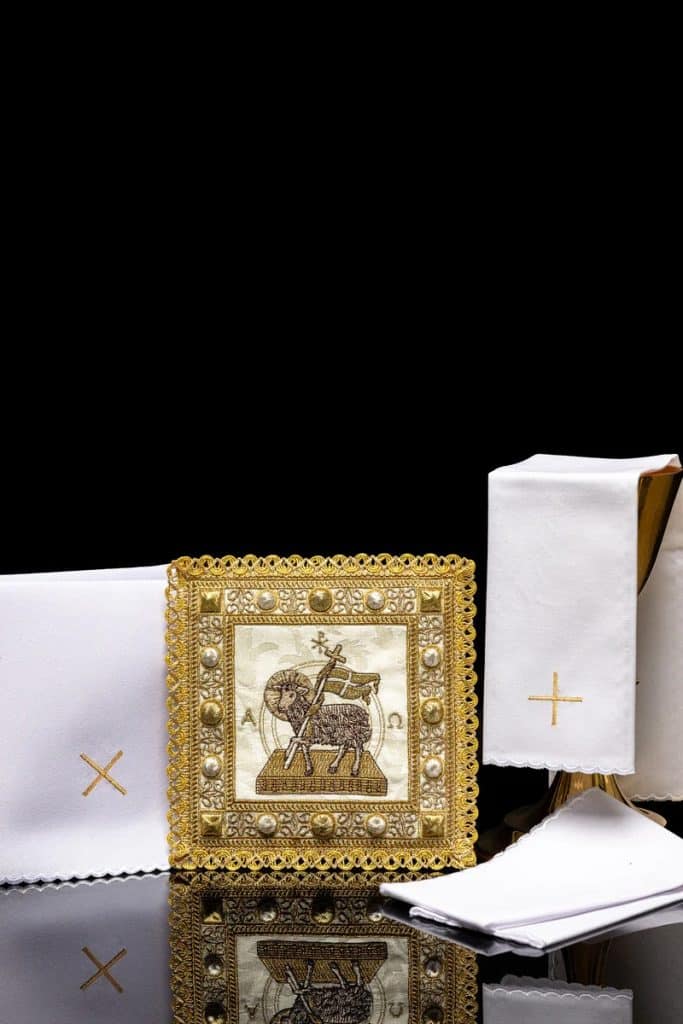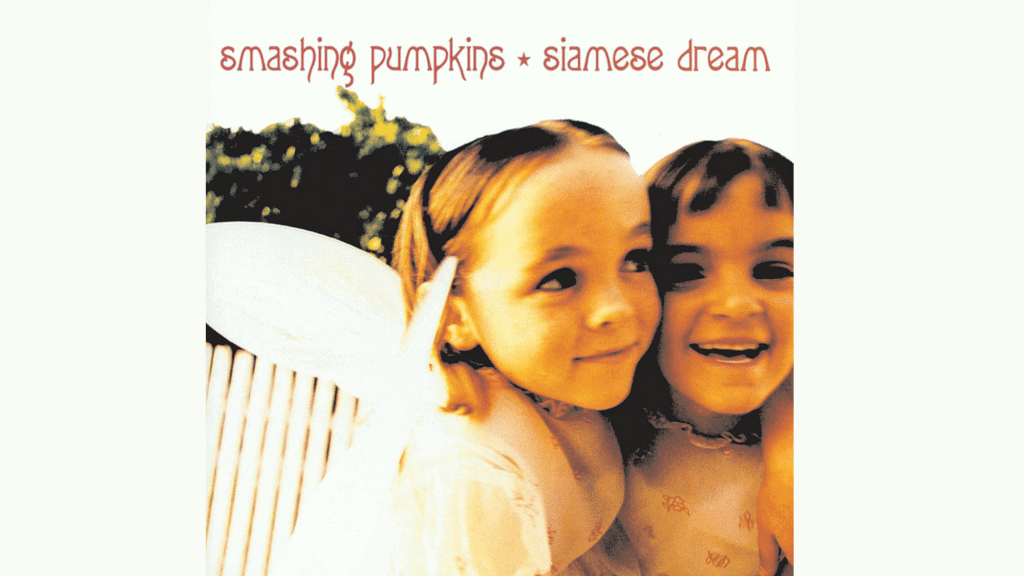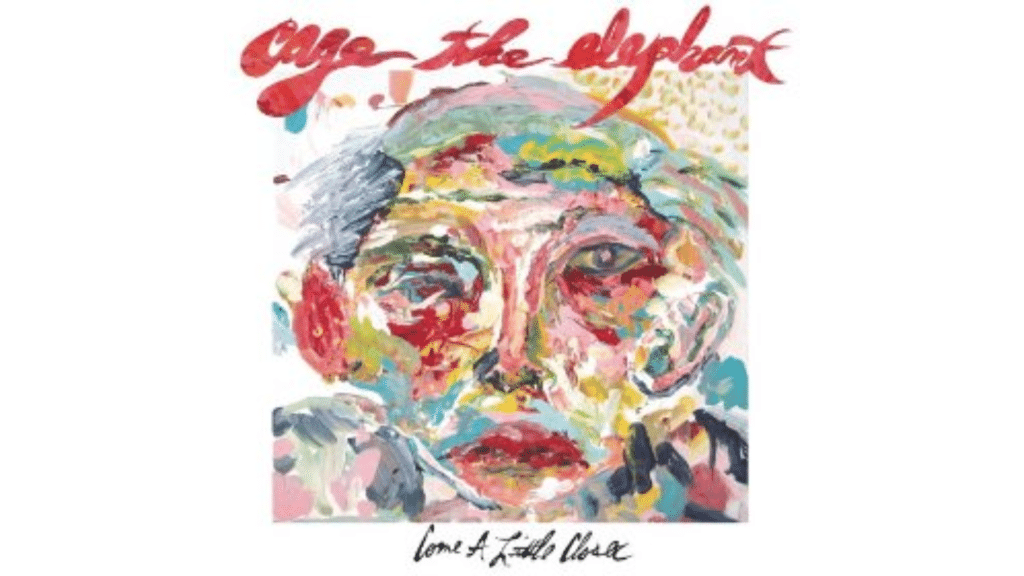Few artists have risen to prominence as quickly and decisively as Peso Pluma in the vibrant world of Latin music.
This Mexican singer and songwriter has captivated audiences with his unique blend of traditional corridos and modern trap music, creating a sound that resonates with a new generation of listeners.
As his popularity has soared, so has curiosity about his background, particularly his distinctive stage name and appearance.
Many fans have wondered about Peso Pluma’s ethnic heritage, with some speculating about possible Lebanese roots.
This blog post aims to explore the question: Is Peso Pluma Lebanese? We’ll delve into his family background, clarify his heritage, and examine how his cultural identity influences his music and public persona.
Who is Peso Pluma?

Peso Pluma, born Hassan Emilio Kabande Laija on June 15, 1999, in Zapopan, Jalisco, Mexico, has become one of the most exciting new voices in Latin music.
His stage name, which translates to “Featherweight” in English, is a nod to his lean physique and perhaps a metaphor for his light, yet impactful presence in the music industry.
Rising to fame in the late 2010s and early 2020s, Peso Pluma has made a significant impact on the regional Mexican music scene with his distinctive style, which blends traditional corridos tumb ados with elements of trap and hip-hop.
His music often touches on themes of love, lifestyle, and the realities of life in Mexico, resonating with a young audience while still paying homage to traditional Mexican musical roots.
Peso Pluma’s success has been meteoric. His collaborations with artists like Natanael Cano and solo hits like “Ella Baila Sola” and “Lady Gaga” have garnered millions of streams across various platforms.
His unique vocal style, characterized by a nasal tone and passionate delivery, sets him apart in a crowded field of regional Mexican artists.
Fans are intrigued not only by his music but also by his appearance and background.
With his distinctive look, including his signature glasses and fashion sense that blends traditional Mexican elements with modern streetwear, Peso Pluma has become a style icon for many young Latin music enthusiasts.
His musical influences are diverse, ranging from traditional corrido artists to modern trap and reggaeton performers.
This eclectic mix is evident in his music, which often features conventional instruments like the accordion alongside modern beats and production techniques.
Exploring Peso Pluma’s Heritage
Despite speculation among fans and some media outlets, Peso Pluma is not of Lebanese descent.
The confusion likely stems from his appearance and perhaps his given name, Hassan, which is more commonly associated with Arabic or Middle Eastern origins.
In interviews and public statements, Peso Pluma has been clear about his Mexican heritage.
He was born and raised in Zapopan, a city in Jalisco, Mexico, known for its rich cultural traditions and significant contribution to Mexican music, including mariachi.
While Peso Pluma hasn’t extensively discussed his family’s genealogy in public, available information and his own statements consistently point to a Mexican background. While uncommon, his surname, Kabande Laija, doesn’t necessarily indicate Middle Eastern or Lebanese ancestry. In Mexico, as in many parts of Latin America, surnames can be quite diverse due to the country’s complex history of indigenous cultures, European colonization, and various waves of immigration.
It’s worth noting that Mexico does have a significant Lebanese diaspora community, with many Lebanese immigrants and their descendants having made important contributions to Mexican culture, business, and arts over the past century. However, Peso Pluma has not claimed any connection to this community.
Understanding the Cultural Influence
Given that Peso Pluma does not have confirmed Lebanese roots, it’s important to understand why some fans might have assumed this connection.
Several factors could contribute to this misconception:
- His given name: Hassan is a name of Arabic origin, which is not common in traditional Mexican naming conventions. This could lead some to assume Middle Eastern or Lebanese heritage.
- Appearance: Some might perceive Peso Pluma’s features, including his distinctive nose and facial structure, as resembling Middle Eastern or Lebanese characteristics. However, it’s crucial to remember that Mexico, like many Latin American countries, is home to a diverse population with a wide range of physical features.
- Fashion sense: Some might interpret his unique style, which blends traditional Mexican elements with modern urban fashion, as having Middle Eastern influences.
- Global music trends: With the increasing globalization of music, artists often incorporate diverse cultural elements into their style and sound. This cross-cultural approach can sometimes lead to assumptions about an artist’s background.
Despite these factors, Peso Pluma’s music and public image are firmly rooted in Mexican culture. His innovative sound draws heavily from traditional Mexican musical forms, particularly the corrido. His lyrics often reference Mexican life, culture, and experiences, reflecting his upbringing and heritage.
Peso Pluma’s Mexican Roots

Peso Pluma’s Mexican heritage is a fundamental aspect of his identity and music. Born and raised in Zapopan, Jalisco, he grew up immersed in Mexican culture and music. Jalisco, in particular, is renowned for its rich musical traditions, being the birthplace of mariachi and home to a vibrant regional music scene.
His upbringing in Mexico is evident in various aspects of his artistry:
- Musical style: While Peso Pluma incorporates modern elements like trap beats into his music, the core of his sound is deeply rooted in traditional Mexican genres, particularly corridos. His use of accordion and guitar, staple instruments in regional Mexican music, further underscores his cultural roots.
- Lyrical content: Many of Peso Pluma’s songs touch on themes and experiences that are quintessentially Mexican. He often sings about life in Mexico, incorporating local slang and cultural references that resonate with his Mexican audience.
- Collaborations: Peso Pluma frequently collaborates with other Mexican artists, particularly those in the regional Mexican and corridos tumbados scenes. These partnerships highlight his connection to the contemporary Mexican music community.
- Cultural representation: In interviews and public appearances, Peso Pluma often speaks proudly of his Mexican heritage. He represents a new generation of Mexican artists who are bringing traditional musical forms to a global audience while infusing them with modern sensibilities.
- Local success: Before achieving international fame, Peso Pluma built a strong following in Mexico, particularly in his home state of Jalisco. This local support base is a testament to how well his music and image resonate with Mexican audiences.
Debunking Common Myths About His Ethnicity
The speculation about Peso Pluma’s ethnicity, particularly the notion that he might be Lebanese, is a common misconception that has circulated among fans and on social media.
It’s important to address and debunk these myths to provide a clear understanding of the artist’s background.
- The name myth: While Hassan is indeed a name of Arabic origin, it’s not uncommon for Mexican families to choose names from various cultural backgrounds. The presence of an Arabic first name does not necessarily indicate Middle Eastern or Lebanese heritage.
- Appearance stereotypes: Assumptions based on physical appearance can be misleading and often rely on stereotypes. Mexico, like many countries in Latin America, has a diverse population with a wide range of physical characteristics due to its complex history of indigenous cultures, European colonization, and various waves of immigration.
- Cultural fusion confusion: Peso Pluma’s unique style, which blends traditional and modern elements, might be misinterpreted as having Middle Eastern influences. However, this fusion is more indicative of his innovative approach to music and fashion rather than a reflection of Lebanese heritage.
- Lack of direct statements: Peso Pluma has not made any public claims about having Lebanese ancestry. In fact, in interviews, he consistently refers to his Mexican background and upbringing.
- Social media rumors: As with many celebrities, unsubstantiated rumors about Peso Pluma’s background have circulated on social media platforms. It’s crucial to rely on verified information and direct statements from the artist or his representatives.
Peso Pluma himself has not extensively addressed these misconceptions in public.
However, his consistent representation of Mexican culture in his music and public appearances clearly indicates his heritage.
The impact of these misconceptions on his public image seems minimal, as fans primarily focus on his music and artistic contributions rather than speculating about his ethnic background.
Conclusion
After thorough exploration, it’s clear that Peso Pluma is not Lebanese. Born Hassan Emilio Kabande Laija in Zapopan, Jalisco, Mexico, Peso Pluma’s roots are firmly Mexican.
The speculation about his possible Lebanese heritage likely stems from a combination of factors, including his given name, unique appearance, and the diverse nature of Mexican society itself.
Peso Pluma’s Mexican background is not just a matter of birth but is deeply ingrained in his music and artistic expression.
Ultimately, Peso Pluma’s cultural background, rooted in Mexican traditions and contemporary urban experiences, contributes significantly to his distinct musical identity.
His ability to blend these elements with modern global influences has made him a standout figure in the Latin music scene.




















